
Lulu Wang’s The Farewell is “based on an actual lie.” The film is about her family coming together after learning of her grandmother’s terminal cancer diagnosis. They all travel from America and Japan back to China to be with her, under the guise of a wedding. No one can even hint at Nai Nai’s condition, much less the outcome they believe to be coming very soon. What unfolds is a beautiful moment of grief and sorrow blanketed by celebration that breeds joyful memories.

Awkwafina leads as Billi, a young Chinese-American woman living in New York. When she learns that her family is going to hide Nai Nai’s illness from her, she is immediately against it. Her parents reassure her, through their own grief, that it’s for the best and advise her not to visit because they’re afraid Billi won’t be able to hide her emotions. Rebellious Billi shows up at Nai Nai’s doorstep once everyone else has already arrived. There’s a thick silence when she enters, as if everyone is waiting for Billi to lose it and spill the beans. Billi keeps up the charade, despite her often sorrowful expressions.
Every scene featuring Billi and Nai Nai (Shuzhen Zhao) together feels like pure magic. Their mutual love and respect for each other is so sweet. Nai Nai doing her “Ha!” exercises with Billi is such a perfect mixture of heartfelt and comedic. With Billi being a single young woman, Nai Nai sends a mixed, but loving message between don’t be alone and praising her independence and intelligence. Between the two grandchildren, Billi is obviously Nai Nai’s favorite.

Some of my favorite little moments in the film came from Hao Hao’s wedding reception. Billi’s family looks a lot like mine, and maybe yours too. They have old timers sharing juicy stories of their youth, kids playing on phones and with the food. Silly drinking games where that one cousin always loses. They make heartfelt speeches, sometimes forgetting to congratulate the bride and groom when they’re so focused on Nai Nai. But mostly, they let loose and have a great time.
These good lies seem to be a bigger part of the family than Billi realizes. They start in the very first scene with Billi on the phone with Nai Nai. Billi lies about wearing a hat in the cold and Nai Nai lies about her location, not telling Billi she’s in a hospital waiting area. Throughout this visit Billi learns that Nai Nai also decided not to tell her husband of his terminal condition until the very end. It’s also hinted that Nai Nai was told that her son doesn’t drink anymore, and Billi was told that her father didn’t smoke anymore. In fact, Billi tells her parents she is financially fine, yet we know she’s behind on rent. These lies never seem to actually hurt anyone but are meant to keep loved ones from worrying.

The idea of Eastern versus Western culture is interesting and eye opening for many westerners watching the film. Some might think it negligent, even cruel, to not tell Nai Nai that she has terminal cancer and will likely die in 3 months or less. Others might find it hard on the family who have to bear this burden of impending grief and sorrow so quietly. In a poignant scene, Billi’s uncle describes it well, “You think one’s life belongs to oneself….In the east, a person’s life is part of a whole family.” The way Nai Nai’s family comes together for the first time in a long while, raises her up and celebrates her, I doubt Nai Nai is completely in the dark. Somehow I think she appreciates what they hide from her and how they come together for her.
The Farewell is one of the best movies I’ve seen all year. I went into the theater thinking I would need tissues, but I laughed so much more than I cried. This film feels refreshing, like visiting family. Moments are funny and heartfelt, sweet and sad, with a mix of tradition and duty. We understand Billi’s predicament perfectly, whether she’s taking a bite from her grandmother’s chopsticks, running to get to intercept the hospital’s test results or arguing with her mother while her father is passed out drunk in his underwear. We get it, our families are just as weird, wonderful and unique as hers. This story hits right in the gut and lifts the soul. It is a must-see. Now if you’ll excuse me, I need to call my grandma.
“Life is not just about what you do, it’s more about how you do it.”
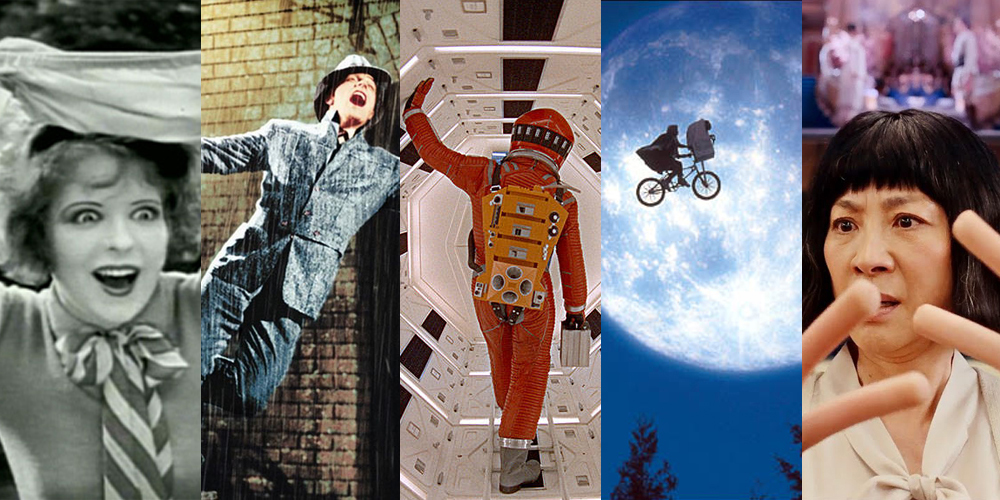

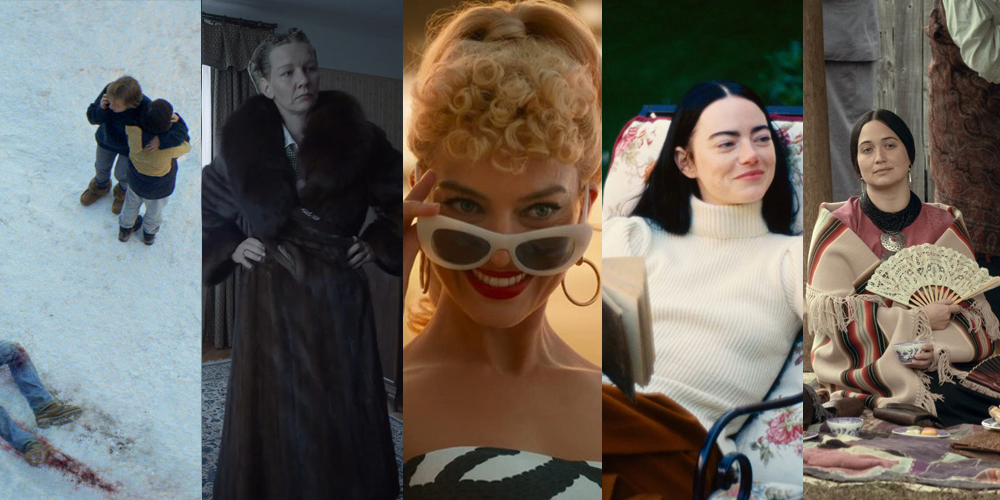
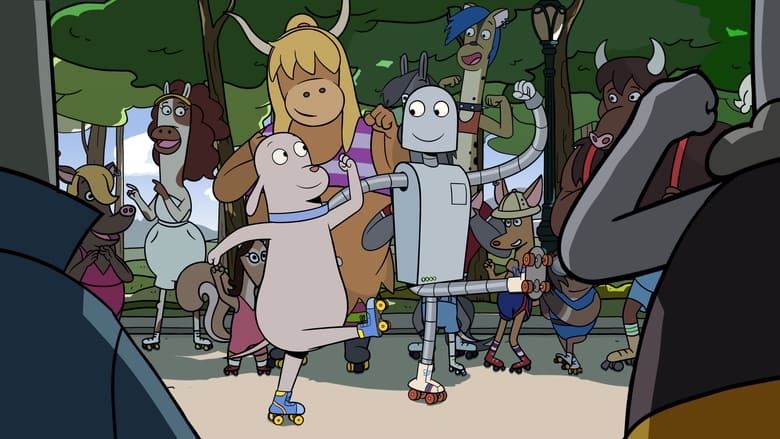
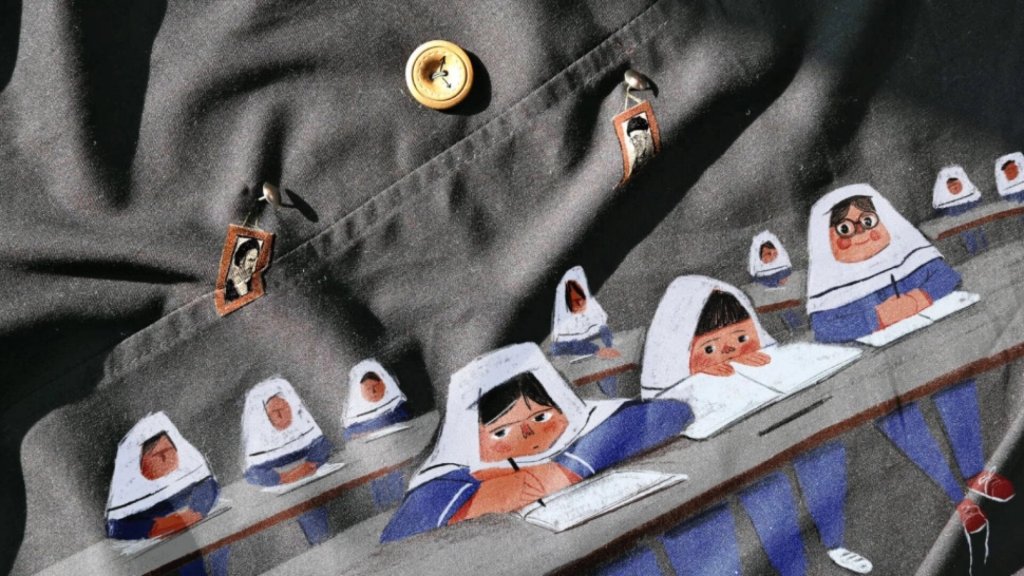
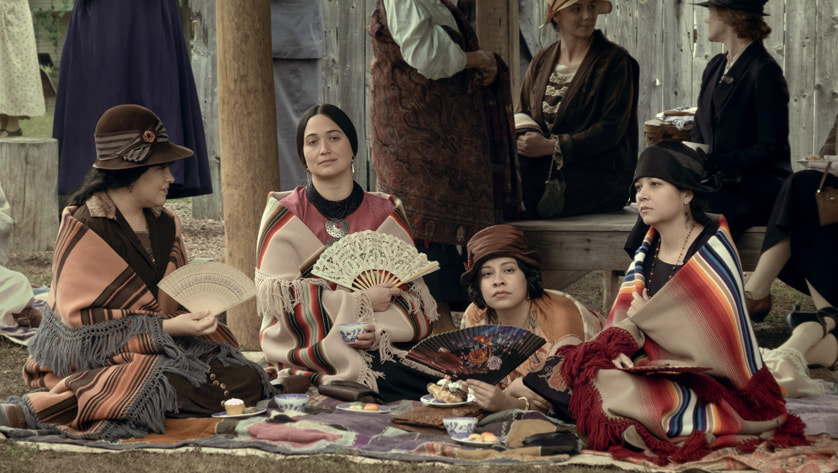
Leave a comment